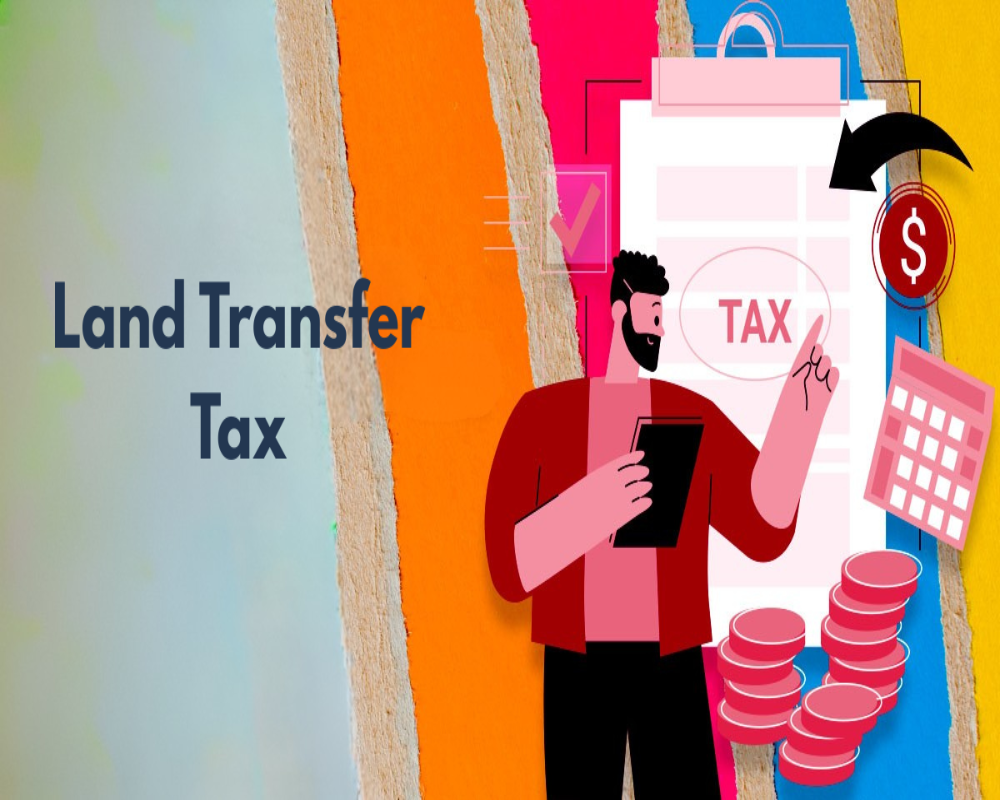Introduction
Industrial land transfer involves the legal conveyance of land designated for industrial use from one party to another, typically through sale, lease, or inheritance. With such transfers, a series of rights are either acquired, modified, or relinquished depending on the nature of the transaction, the structure of ownership, and the regulatory framework governing the land. Establishing and understanding these rights is essential for ensuring a legally valid and enforceable transaction, safeguarding the interests of both buyer and seller, and enabling long-term industrial development in compliance with applicable laws.
The rights transferred in an industrial land deal are not limited to mere possession; they include a broader set of entitlements related to use, development, sale, leasing, utility access, and participation in future planning or regulatory changes. These rights must be clearly defined, legally recorded, and mutually agreed upon to avoid disputes and enable seamless operational control of the property.
Right of Ownership and Title
The most fundamental right established in a land transfer is the right of ownership. When land is transferred through sale, the buyer becomes the new legal owner, with full rights to possess, use, and dispose of the property, subject to zoning and environmental regulations. The right of ownership includes:
- The right to enjoy and use the land for lawful industrial purposes
- The right to transfer, lease, mortgage, or subdivide the land
- The right to derive income from its use (such as through rental or production)
Ownership is confirmed through the execution and registration of a sale deed, mutation of revenue records, and issuance of property tax identification in the buyer’s name. These rights are enforceable under land laws and civil laws governing property in the respective jurisdiction.
Right to Possession and Occupation
Along with ownership, the buyer or transferee acquires the right of possession, which entitles them to enter, occupy, and use the land for industrial operations. This right also allows the owner to build structures, install machinery, develop infrastructure, and carry out lawful industrial activities as permitted by the local development authority or industrial board.
In leasehold transfers, the right of possession may be granted for a defined term, with the lease agreement outlining conditions such as renewal, sub-letting, and permitted use. While the ownership in such cases remains with the lessor (usually a government or industrial authority), the lessee enjoys full operational rights during the lease period.
Right to Develop and Construct
One of the core rights in industrial land transfer is the right to develop, which includes the authority to apply for construction approvals, build industrial units, set up utilities, and establish supporting infrastructure such as roads, drainage, and boundary walls. This right is subject to approvals under building codes, zoning norms, and environmental clearance procedures.
Buyers must ensure that the land is free from restrictions that limit development—such as heritage preservation, ecological conservation, or height restrictions near airports or defense installations. Once the land is legally transferred and the right to develop is confirmed, industrial activity can be initiated based on approved layout plans.
Right to Access and Utilities
Upon transfer, the new owner or occupier gains the right to access public infrastructure such as roads, electricity, water supply, drainage, and communication networks. These utility rights are typically facilitated through formal applications to the respective departments, often requiring proof of ownership or a registered lease agreement.
The right to utility access also includes the ability to install internal utility systems (transformers, borewells, septic tanks, fiber-optic cables, etc.) as per technical standards. These rights are integral to making the land functional and operational for industrial purposes.
Right to Transfer, Lease, or Mortgage
Once the industrial land is transferred, the new holder gains the right to further transfer the land through resale, gift, inheritance, or corporate restructuring, subject to local laws and development authority conditions. This includes the right to lease part or whole of the land to third parties for allied industrial purposes or warehousing.
The right to mortgage the land to raise finance is also a crucial economic right. Banks and financial institutions require a clear and marketable title before accepting the land as collateral. The right to encumber the land for commercial loans supports further development and business scaling.
Right to Protection and Legal Enforcement
A valid industrial land transfer bestows upon the new owner the right to legal protection, which includes the ability to defend their ownership and possession in a court of law. This also includes the right to initiate legal action against trespassers, encroachers, or anyone interfering with the enjoyment of property.
Ownership and transfer rights are enforceable through civil suits, revenue tribunal proceedings, and administrative mechanisms provided under land and property laws.
Conclusion
Establishing rights in an industrial land transfer is critical for legal, operational, and commercial security. These rights encompass ownership, possession, development, utility access, financial leverage, and legal protection. Each right must be formally documented, legally registered, and aligned with applicable laws and policies. A clear understanding of these rights ensures smooth acquisition, prevents future disputes, and lays the foundation for compliant and profitable industrial use. Whether the transaction involves outright sale or long-term lease, defining and securing these rights is essential for protecting the interests of all parties and ensuring sustainable industrial growth.
Hashtags
#IndustrialLand #LandTransfer #PropertyRights #LandUse #RealEstateLaw #LandDevelopment #UrbanPlanning #LandOwnership #ZoningLaws #RealEstateInvestment #LandRegulations #PropertyDevelopment #LandAcquisition #SustainableDevelopment #LandManagement #LegalRights #CommunityDevelopment #EconomicGrowth #LandPolicy #RealEstateTrends


